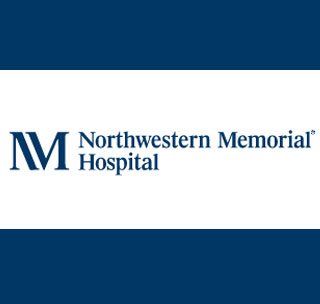
Weight gain could be an issue that may play a function in postmenopausal danger of heart disease. Retaining a fit weight may frequently turn out to be quite tough after the body appears to undergo several changes in hormone levels. Supplementary mass may cause physical inactivity, high blood pressure, diabetes, and high cholesterol. These threat issues may result in heart attack and stroke.
Vera Rigolin, MD, associate director of the Center for Women’s Cardiovascular Health in the Bluhm Cardiovascular Institute of Northwestern Memorial Hospital, commented, “Many women younger than 50 have not yet gone through menopause and still have high levels of the female hormone estrogen in their blood, which is thought to help protect the heart. After menopause, however, the levels of estrogen in a woman’s body drop significantly and can contribute to the higher risks of cardiovascular disease.â€
Diagnosing heart disease in women may be rather complicated. Several women are apparently ignorant that symptoms of the disease could be different from those of men. Even though women may frequently have chest uneasiness when presenting with a heart attack, they may generally have other, additional faint symptoms, counting fatigue, nausea, shortness of breath, jaw pain and usual discomfort in the chest and abdominal region.
Rigolin mentioned, “In some women, plaque can build in the smallest blood vessels called the microvascular circulation. These blockages do not show up in an angiogram. In these cases, we often use Magnetic Resonance Imaging (MRI) with medication to visualize blood flow within the small blood vessels when other standard tests do not provide us answers.â€
Rigolin remarked, “If you are a smoker, quit immediately and avoid second hand smoke. Eat a diet rich in fruits and vegetables and exercise at least three times per week to maintain a healthy body weight.â€
Women, particularly those who are apparently menopausal may possibly decrease the threat of heart disease by adapting a healthy lifestyle. Rigolin also advices that people ought to visit their health care provider at least once every year to monitor their blood pressure, blood sugar and cholesterol levels.
